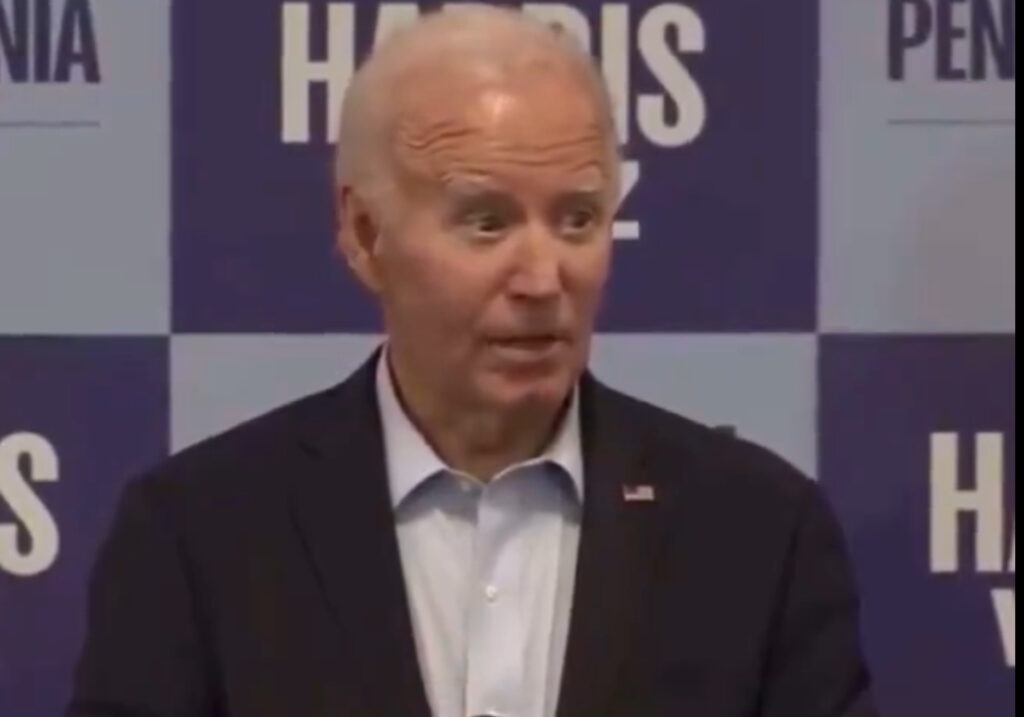In a significant move amidst criticism surrounding the Biden administration’s management of immigration and border security, the Environmental Protection Agency (EPA) recently celebrated a historic enforcement action—its first-ever criminal charges levied for offenses directly related to climate change. The agency’s annual report highlighted this pivotal moment, emphasizing an arrest made in connection with the illegal importation of banned greenhouse gases. Michael Hart, a 58-year-old resident of San Diego, was convicted in September 2024 for smuggling hydrofluorocarbons and hydrochlorofluorocarbons—a type of potent greenhouse gas—into the United States, making him a focal point in the EPA’s enforcement efforts aimed at combating environmental crime.
The case against Hart delineates a troubling scheme that transpired over several months in 2022, where he engaged in the online sale of these restricted refrigerants. According to the Department of Justice, Hart coordinated with conspirators to procure these gases from Mexico, subsequently concealing them within his vehicle to dodge law enforcement as he illegally transported them back into the U.S. Following this, he sold the illicit refrigerants on the black market, profiting from a network that circumvents strict regulatory controls designed to protect the environment. The case underscores the serious penalties associated with such crimes, which can reach up to five years in prison and fines as steep as $250,000.
The EPA has reported robust progress in its enforcement measures, citing $1.7 billion in administrative and judicial penalties, marking the highest level since 2017. This surge in enforcement is indicative of the agency’s renewed commitment to combat climate change as outlined in the American Innovation and Manufacturing Act. This legislation mandates a significant reduction—85 percent—of hydrofluorocarbon emissions by 2036, aiming to mitigate the array of climatic impacts associated with these powerful greenhouse gases. Hart’s case has been positioned as a warning signal, with the EPA committing to furtheraction against similar offenses, as stated by David M. Uhlmann, the agency’s assistant administrator for enforcement and compliance assurance.
Critics, including influential political figures, have raised concerns about the priorities of the Biden administration, drawing parallels between alleged failures in border security and the intensification of EPA enforcement against climate-related crimes. Some individuals have questioned why emphasis is being placed on environmental issues when pressing concerns about immigration persist. This discourse highlights a divisive political landscape where environmental objectives are weighed against social and economic realities, and the effectiveness of the Biden administration’s broader strategies comes into scrutiny.
Throughout fiscal year 2024, the EPA reported its strongest results in enforcement actions since 2017, focusing predominately on initiatives aimed at mitigating environmental risks that threaten air, water, and land. In efforts to rejuvenate public confidence in regulatory oversight, the agency contends that its actions will address environmental justice, ensuring that communities long subjected to contamination have an avenue for redress. The enforcement of climate change law is viewed as a fundamental aspect of broader policies designed to hold polluters accountable, reinforcing that protecting vulnerable communities from environmental harm remains an urgent priority.
The ramifications of Hart’s arrest may stretch beyond mere legal consequences; they represent a pivotal moment in federal environmental policy enforcement under the Biden administration. By targeting individuals engaged in the illicit trade of banned substances with serious environmental implications, the EPA not only aims to deter similar activities but also to foster a culture of compliance amongst industries and individuals alike. As the agency looks to future enforcement efforts, it signals a commitment to tackle not only climate change but the systemic issues that lead to environmental degradation within vulnerable communities.
As the political climate remains charged, with opposition figures like President-elect Donald Trump expressing discontent with the current administration’s approach to environmental regulation, the actions of the EPA are likely to be scrutinized and debated. This intersection between climate initiative enforcement and broader national concerns reflects an ongoing dialogue about the role of federal agencies in balancing environmental responsibility with other pressing societal issues. Hart’s case stands as a reminder of the complexities involved in federal enforcement, as the EPA navigates these challenges, seeking to uphold environmental standards while addressing critiques of its priorities amid a landscape marked by significant political tension.

